
Why Men Take More Risks Than Women
Researchers from HSE University and Max Planck Institute for Human Cognitive and Brain Sciences have discovered how the theta rhythm of the brain and the gender differences in attitudes to risk are linked. In an article published in the journal Frontiers in Neuroscience, the researchers addressed which processes can be explained by knowing this connection.

HSE University Creates the Viral Genealogy Simulator to Model the Spread of COVID-19
Researchers of HSE Tikhonov Moscow Institute of Electronics and Mathematics (MIEM), in cooperation with their colleagues from the University of California, Santa Cruz (UCSC), and The European Bioinformatics Institute (EMBL-EBI), have developed software to model the spread of the COVID-19 global pandemic. This is the world’s fastest Viral Genealogy Simulator (VGsim). For more details about this scalable simulator, read the reprint on medRxiv. The code is freely available at GitHub.
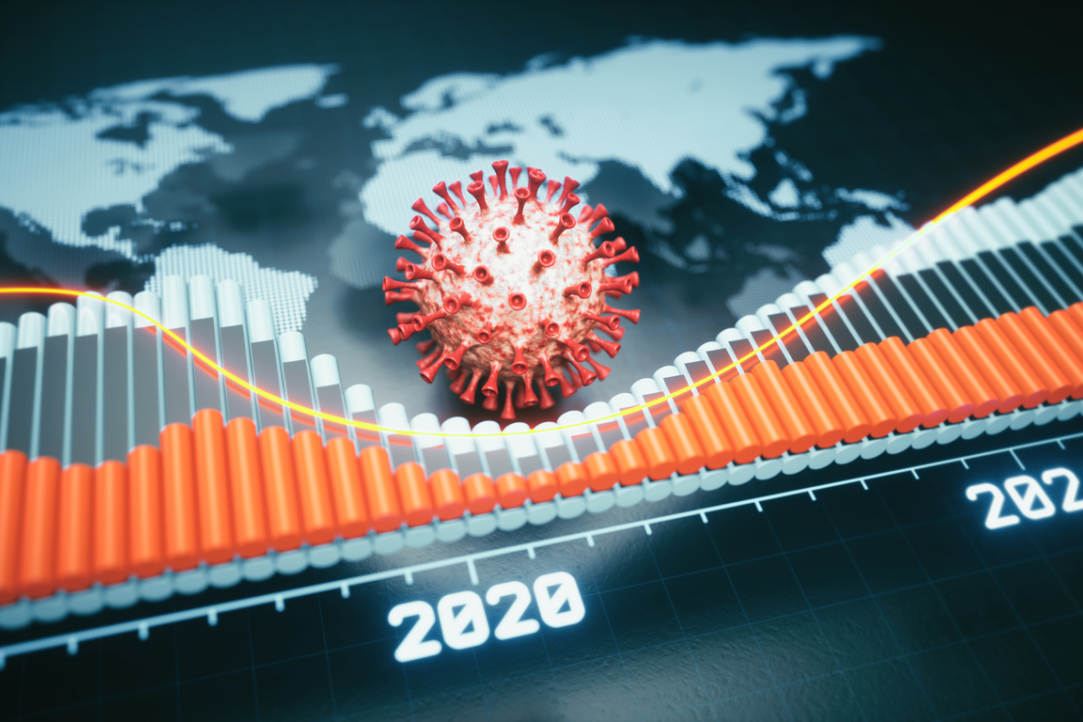
Post-pandemic Rehabilitation. What Will Help Russia's Economy Recover?
The year 2020 was a period of economic hardship and significant change in a wide range of sectors for most countries. A team of authors from HSE University has explored how Russia will recover from this crisis and which industries will be affected by the economic recovery. Their study was published in the journal Voprosy ekonomiki.
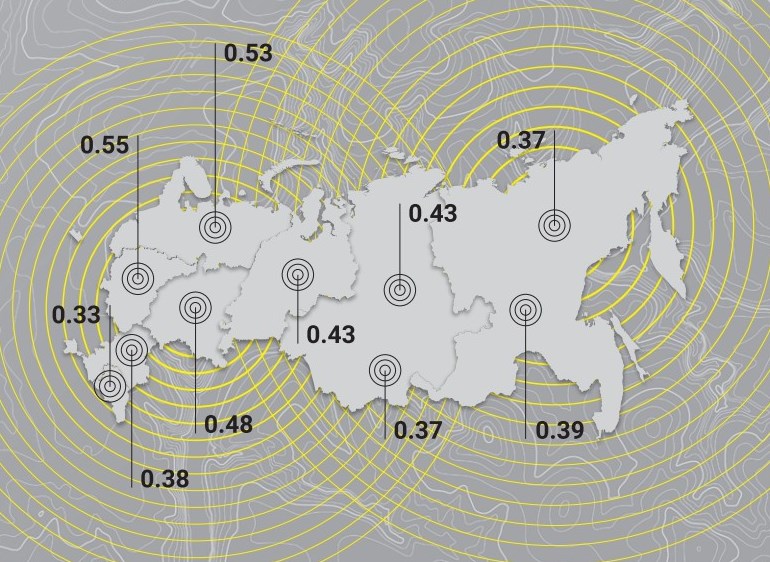
HSE University Publishes Seventh Issue of Russian Regional Innovation Scoreboard
Moscow has kept its leading position on the Russian Innovational Scoreboard. The city demonstrates the highest level of economic, educational, and digital development. Second place goes to Saint Petersburg, and third place goes to the Republic of Tatarstan. The leaders also include the Tomsk Region, the Nizhny Novgorod Region, and the Moscow Region. These are the main results of the seventh issue of the Russian Innovational Scoreboard prepared by the Institute for Statistical Studies and Economics of Knowledge (ISSEK), HSE University.
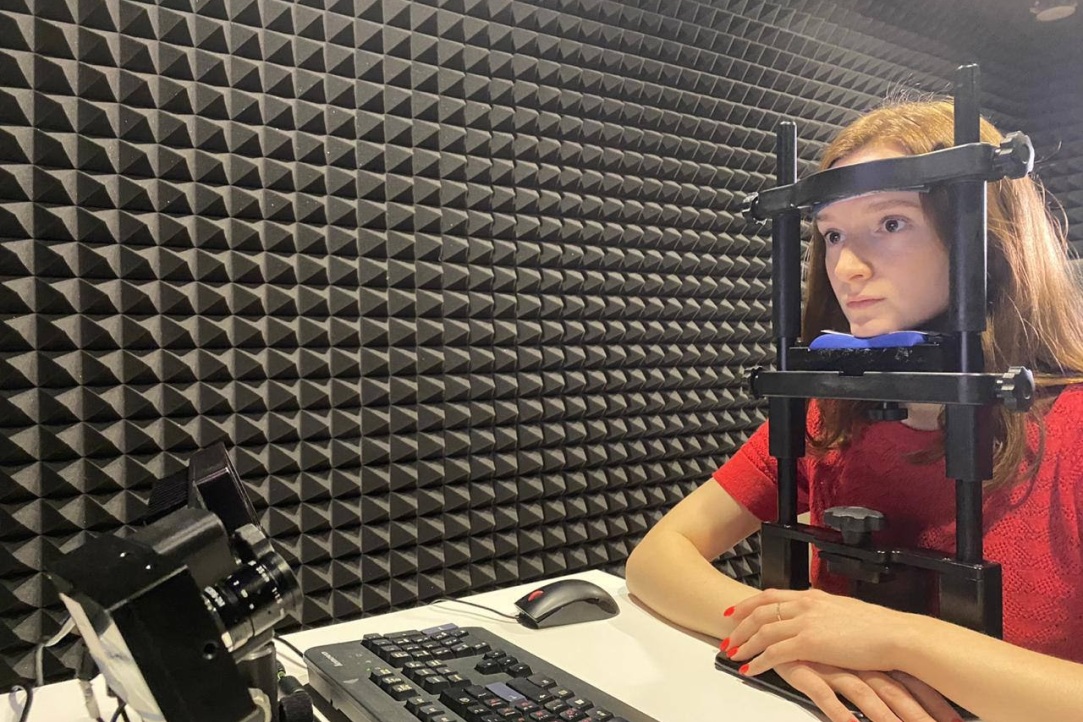
Researchers Outline Specific Patterns in Reading in Russian
Psycholinguists from the HSE Center for Language and Brain, in collaboration with researchers from the City University of New York and the University of Stuttgart, investigated how reading in Russian varies among different groups of readers. The authors used a novel method in bilingualism research — comparison of the eye-movement sequences (scanpaths) in adult native speakers of Russian, Russian-speaking children, and adult bilinguals with different levels of Russian proficiency. The results of the study were published in Reading Research Quarterly.

Make the Most of the Sun
Professor Alexey Tameev of HSE MIEM, along with a team of colleagues, has proposed a calculation method to determine the optimal photoactive layer thickness which can maximize the power conversion efficiency of solar cells. Applicable for both polymer andperovskite solar cells, the method can become a milestone on the path from laboratory samples to solar cells made from new generation materials. The results of the research are covered in ‘A common optical approach to thickness optimization in polymer and perovskite solar cells’, an article published in Scientific Reports.
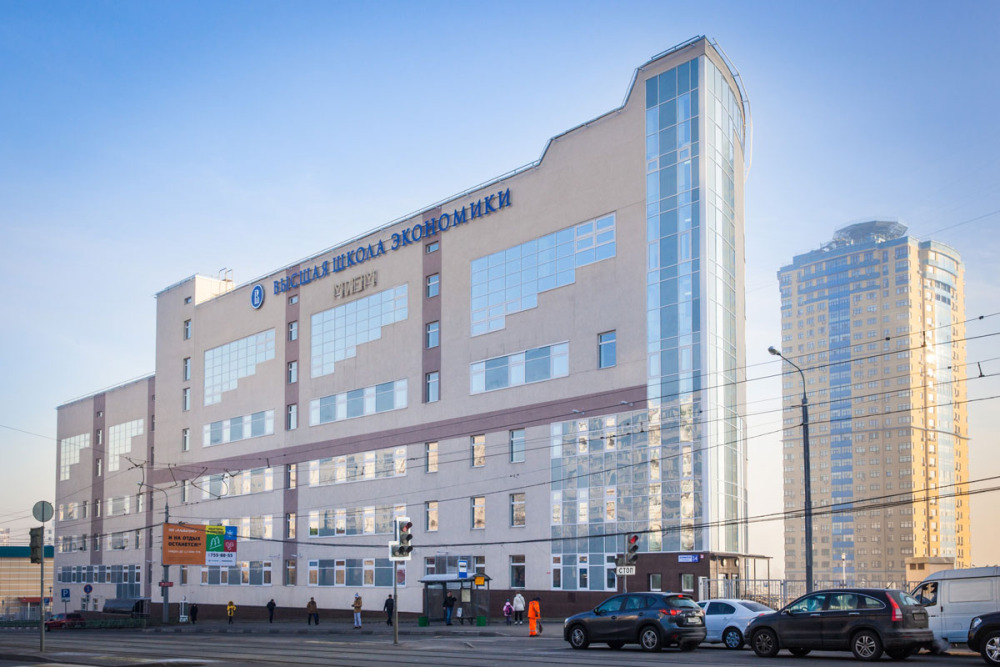
Graphene Drum: Researchers Develop New Phonon Laser Design
Professor Konstantin Arutyunov of the HSE Tikhonov Moscow Institute of Electronics and Mathematics (MIEM HSE), together with Chinese researchers, has developed a graphene-based mechanical resonator, in which coherent emission of sound energy quanta, or phonons, has been induced. Such devices, called phonon lasers, have wide potential for application in information processing, as well as classical and quantum sensing of materials. The study is published in the journal Optics express.
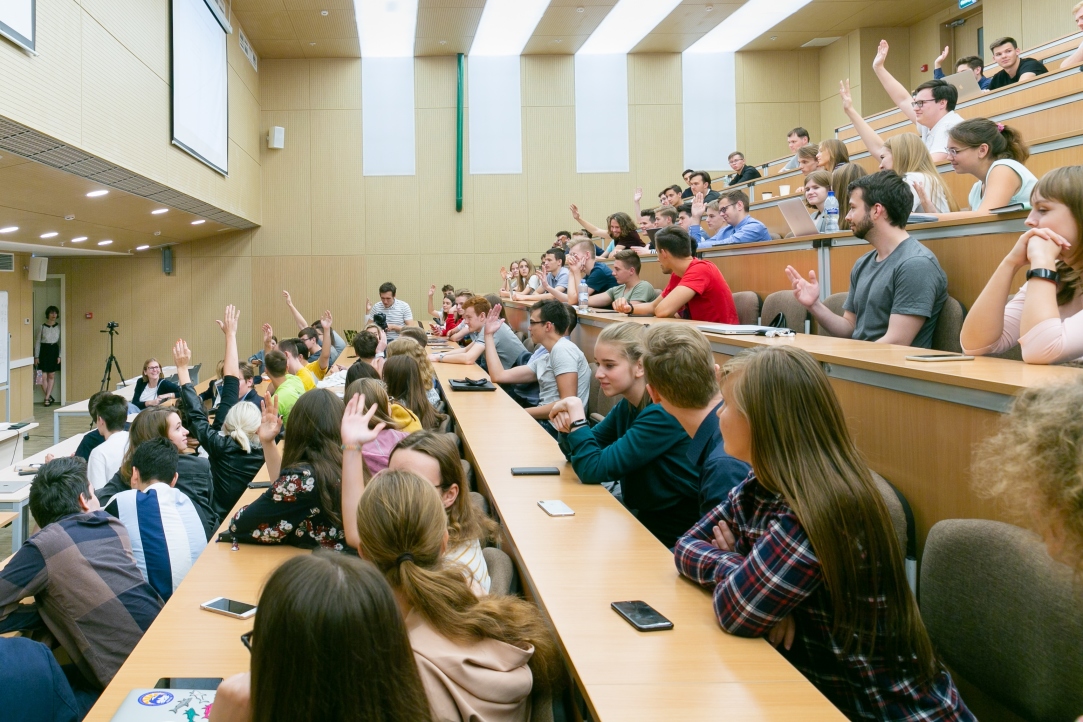
‘Today, Studies Visible to the World, and Not Only to Russia, Are Being Recognized’
After its impressive performance in the recent Shanghai Global Ranking, HSE University is now the highest-ranking Russian university in a number of subject rankings, as well as the only Russian university in five subjects, including Education. Isak Froumin , Head and Professor of the HSE Institute of Education, spoke with the News Service about the factors for HSE’s success.

First Simultaneous Observation of a Fast Radio Burst in Radio and Gamma Bands
A team of scientists from the Ioffe Physical-Technical Institute, HSE University, Sternberg Astronomical Institute (SAI) and NASA announced the first simultaneous observation of a fast radio burst from a galactic object and its 'equivalent' in the X-ray range. The source direction of the burst coincides with the position of the active magnetar SGR 1935+2154, and analysis of the signal in the two energy bands will improve our understanding of the nature of fast radio burst phenomena. The results are published in the journal Nature Astronomy.
.jpg)
Total Transition to Online Learning Has Been a Time of Challenge and Innovation for Universities
The new issue of HERB magazine focuses on understanding what it has been like for universities during the pandemic. Article authors described the risks faced by students and teachers, the introduction of new learning formats, and remotely implemented projects. They also shared their initial thoughts on the development of the university environment in the post-pandemic period.

